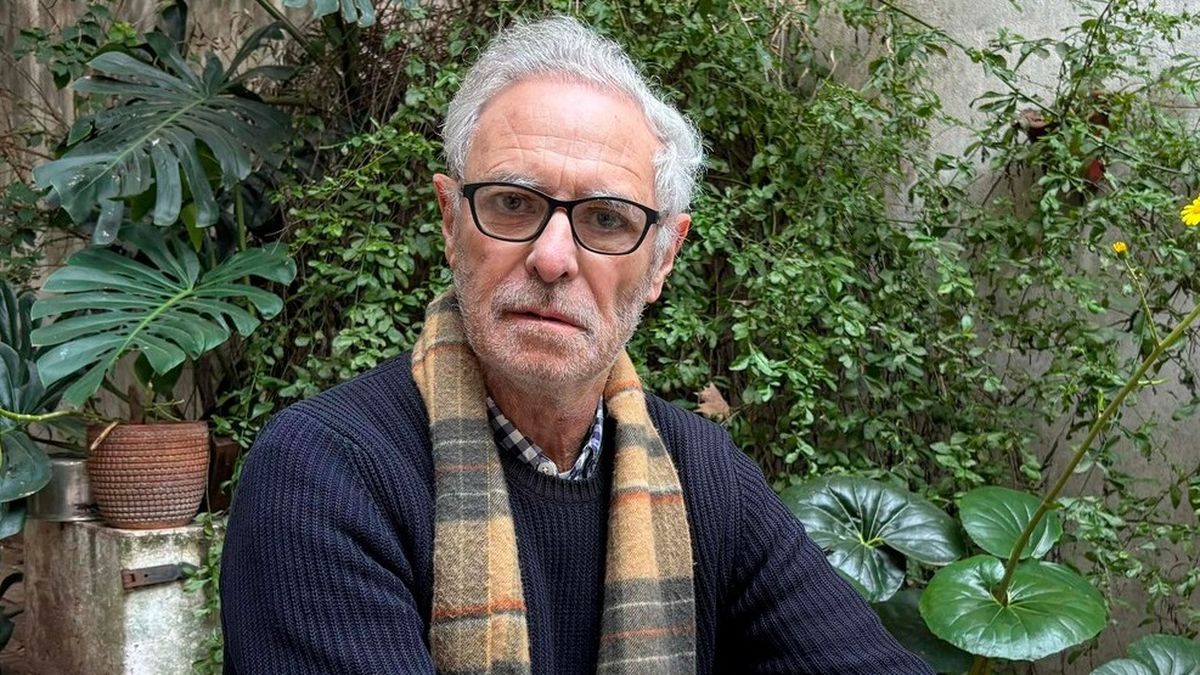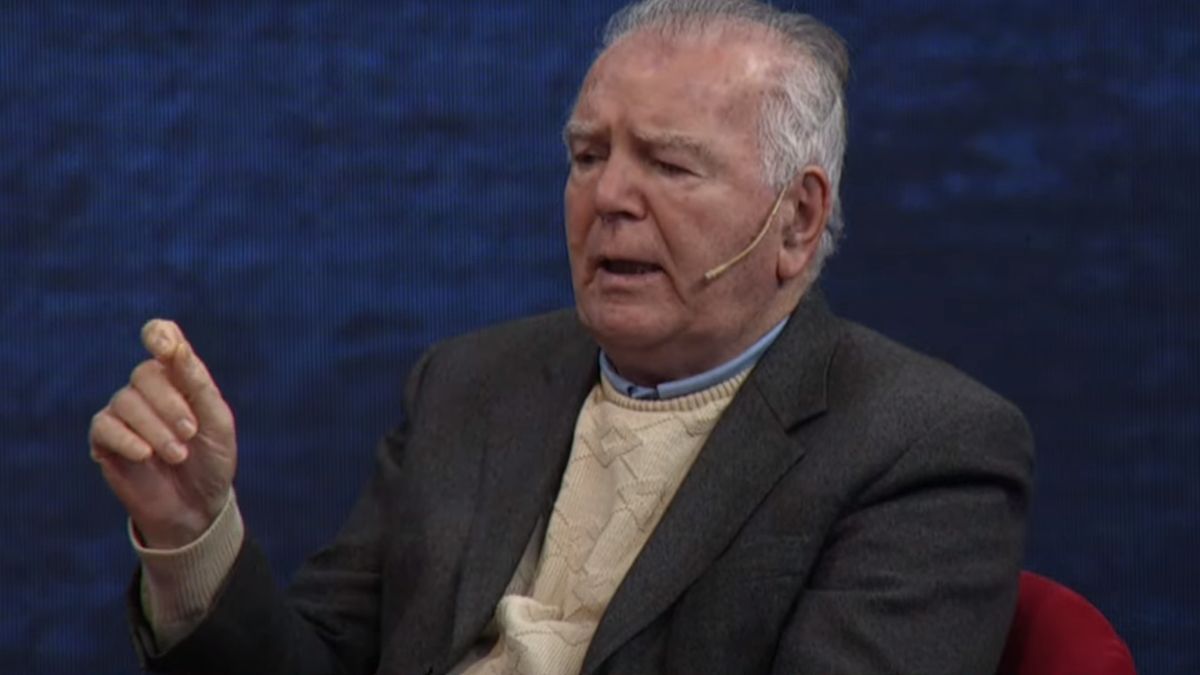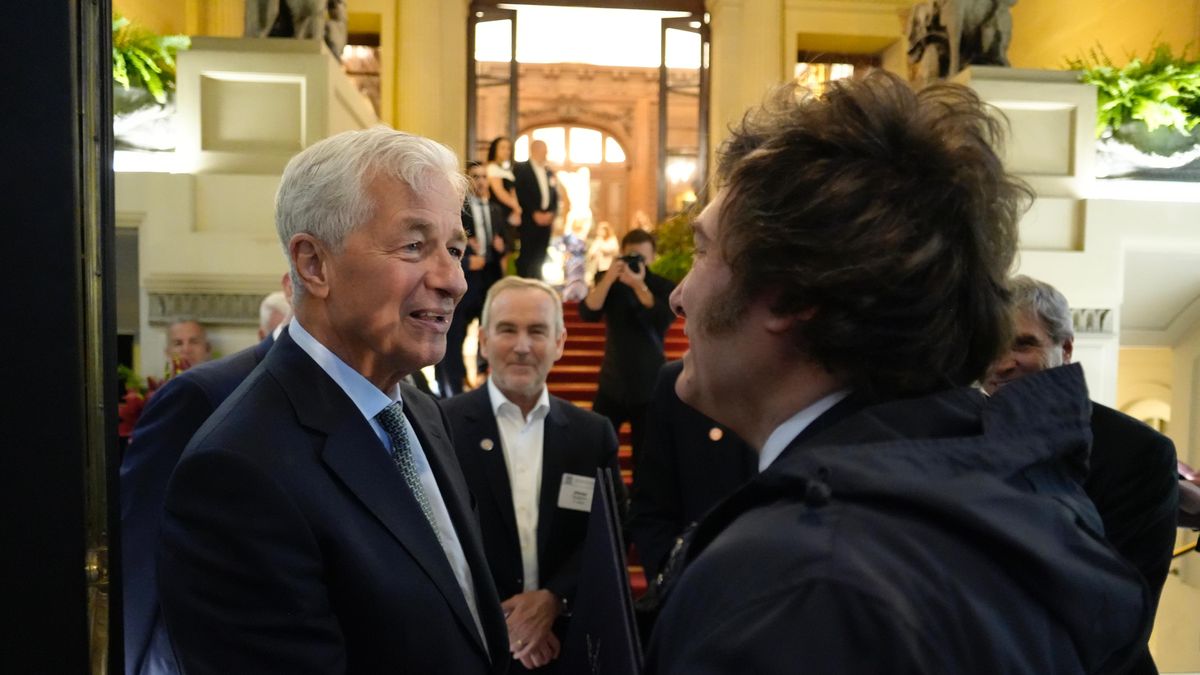Portrait of a sentimental evocation, of the unexpected curiosity of an entrepreneur who becomes a costumbrista essay, Cervantes helping a teacher to explain politics, are themes of some of the stories of Vicente Palermo in “Venus in quarantine” (Hugo Benjamín Editor). Palermo He is a political scientist and essayist with wide work, which led him to receive the platinum konex of humanities. This is his second book of stories. We dialogue with him.
Journalist: did the current moment take a pause as a political scientist and go to literature?
Vicente Palermo: No, during all these years I have frequently published policy notes. There is a change to the extent that I went from the research text to the political essay. I published the story book “I will close in Lerdo dreams”, and now, in “Venus in quarantine”, they tell me the fiction with the essay.
Q.: Of the twelve stories, what would be one where the political essay intervenes in fiction?
VP: In “Carmín mailbox: collapses”, the longest story, which is almost a Nouvelle, while it is about what happens to businessman Charles Lewis, art collector, the day that, coincidentally, by the news of the clash and death of a motorcycle, begins to be interested in the mailboxes of Buenos Aires, and where that takes it. That leads me to point out the cultural, lyric, Tanguera, from Buenos Aires relationship with the mailboxes and try to investigate why Buenos Aires believe there are no more mailboxes in our city, and there are still. How can they see them? That invisibility has to do with a cultural perception, transferable to other cases. The mailboxes, from the supposed disappearance, become an object of worship of an already lost postal memory.
Q.: Do you use a story to make a political reflection?
VP: In “The Adventure of the Clavileño”, a teacher commenting on his students “Don Quijote de la Mancha”, stops at the time of Cervantes’ novel about the Clavileño horse, a story that illuminates guidelines of contemporary politics. There again I combined I have essay, but others are fictions that allow explorations, the search to understand an enigma, something that answers a question that was the starting point.
Q.: For example, that Auguste Menard decides to stop being a contemporary?
VP: The discomfort that the character of “Alexanderplatz” has with contemporaneity is something very strong in me. When an intense life has been had the past is usually very present. In the case of Menard, which some tell me that it is a tribute to Pierre Menard, yours is not a science fiction project, it is not that you want to travel through time but to build the conditions of your life in the past, to forge a new present. It’s about how forgotten can be handled and administered memories, something difficult to cope with.
Q.: Why in several stories if the protagonist is a man who is alone?
VP: For me, most are love stories, although they are usually people who are alone. In “After loving”, a title that refers to the tango “orange in Flor” by Homero Expósito, I tried to understand the mystery of the relationship between love and politics. Mystery that I did not resolve, and that in me is still present. The protagonist remembers a woman who is dead undressing the tension between love and politics. Remember the meetings with colleagues, evoke the crowds, the idea of turning walls, the time she said: fighting for politics is not fighting, that Buenos Aires now seems like a cemetery. However, there is no pain, he thinks that now that you are dead we will be more together than before, every time I evoke you are present where I want you to be.
Q.: Is the melancholy the source of those evocations?
VP: My stories are not presided over by pain or hopelessness regarding the relationship of the link with the other. They are chaired by a loving idea, by the impulse of an illusion or a political idea that is an illusion, in the sense that they are unattainable ideals.
Q.: Why in most stories books appear as an object and the appointment or reference on Borges, Joyce, Neruda, among many others?
VP: In some cases these mentions have to do with the life of the characters. In “Ribelles”, the story of a Catalan binder who writes poems, the books are part of his world, especially politicized literature, he argues that Neruda stole verses to Rabindranath Tagore, cares because he has lost a copy of Marx’s correspondence with Engels who has promised the attractive adolescent who visits him. In other stories mentioning authors is a matter of style, of being honest. If I am going to deal with an issue that refers to an antecedent, an author who inspired me, I feel forced to mention it. In “Venus in quarantine” there is a very intense situation that ends in a procaz risotada: where did you get that word (perineum)? From a Celine novel, I think it offers a lover cynicism look of that moment.
Q.: What Argentine storytellers consider keys in your writing?
VP: For my professional work I have no familiarity with literary activity to establish an order. I am a toad of another well making literature. It would begin, it is obvious, by Borges. Among the former, Cortázar, who is currently a bit of fashion and I don’t understand why he has extraordinary stories. There are many very valuable narrators, for example, Saer. What is interesting in recent times are the stories of writers, especially Cabezón Cámara, Mariana Enriquez, Samanta Schweblin.
Q.: What are you working on now?
VP: In two nouvelles that I will seek to recover what I did with “the brief life of darting” mix real biography, fiction and rehearsal one envelope, another, about Malvinas.
Source: Ambito
I am an author and journalist who has worked in the entertainment industry for over a decade. I currently work as a news editor at a major news website, and my focus is on covering the latest trends in entertainment. I also write occasional pieces for other outlets, and have authored two books about the entertainment industry.




